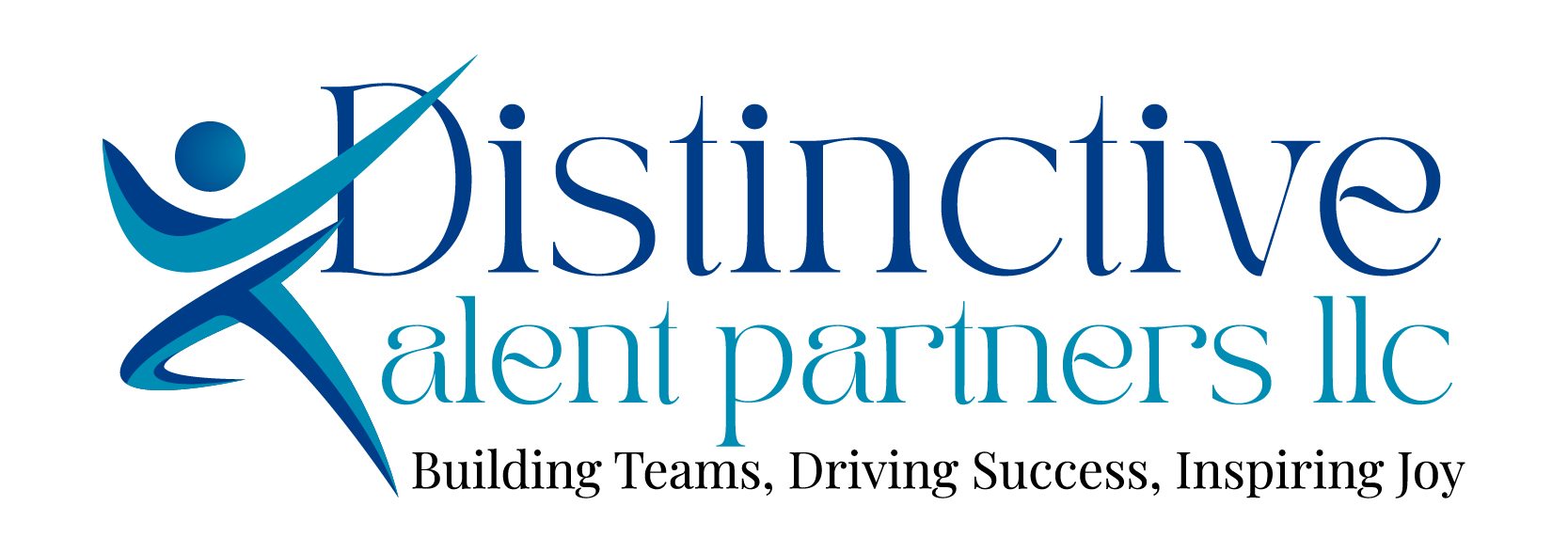Contrary to popular belief, your cover letter is just as important as your resume (and yes, hiring managers do actually read them). But is your current cover letter following the best practices? Read on to learn how to write a cover letter that will make a lasting impression.
What exactly is a cover letter?
Definitions abound, but here’s our take: A concise single-page letter that introduces you, illuminates your pertinent experiences and skills, clearly manifests your interest in a specific job, and offers you the chance to extend gratitude to your potential interviewer. It accompanies your resume when applying for a job, adding a personal touch.
In essence, it showcases respect for the company and position, showcases your unique tone, and may even unveil a personal narrative.
Do I really need one?
The answer resides in the gray area, but if uncertain, veer toward yes. Typically, white-collar roles (think office environments) often demand a cover letter, while blue-collar positions (think manufacturing facilities) may not.
However, the core takeaway is this: Even when an employer doesn’t explicitly request a cover letter, it’s still advisable to draft and send one. Why? Because while a resume delineates your chronological journey and technical expertise, a cover letter delves deeper into your personality, enthusiasm for the opportunity, and intangible skills like communication, ambition, and leadership. It’s a testament to how earnestly you regard the job prospect, something discernible to perceptive hiring managers.
Is my cover letter too long?
Human attention spans, shorter than even that of a goldfish, often lead us to flit between tasks and screens. In a world where time is a precious commodity, especially for hiring managers, the art of crafting a well-composed, easily digestible letter is crucial. Everything you need to convey should fit within one page. (Refer to our sample cover letter at the conclusion of this piece.)
Should I include personal information?
When it comes to injecting your personal sentiments, be candid. Embrace transparency in expressing your excitement for the role. If a story or a particular reason underscores your enthusiasm for the job, share it! Strive for naturalness without descending into unprofessionalism. This genuineness resonates well with hiring managers, who are not only assessing your suitability for the position but also your compatibility with the company’s culture.
Is it ok to brag?
Confident boasting is the name of the game, staying clear of arrogance. Don’t simply state, “I’m Adam” or “I’m Jessica.” Delve deeper. Share an aspect of your work journey that’s distinctive and aligns with the role. Is there a relevant project you’ve successfully undertaken? Expressing passion for the industry or the company’s mission is also a great avenue to explore. If executed well, this self-assured showcase could linger in the hiring manager’s memory and prompt thoughts like, “Nicole could be a remarkable fit.”
Do I need to thank the hiring manager?
Absolutely! Including a line of gratitude is always a good move. You might want to begin and conclude your letter with a “Thank you for your time” or “I appreciate this opportunity.” Placing it at the outset is particularly beneficial in case the hiring manager’s attention spans aren’t conducive to reading the entire letter. Yes, it’s a reality, but don’t take offense – attribute it to the attention span quirk we highlighted. The essential aspect is to genuinely convey your appreciation. While you may have expressed thanks via email or plan to do so during an interview, incorporating it into your cover letter won’t hurt.
OK, my cover letter is ready to go.
Hold on! Prior to finalizing your cover letter (or resume), it’s wise to enlist a trusted friend or colleague for proofreading. Task them with identifying any spelling or grammar errors. Once that’s squared away, it’s time to start exploring job opportunities.
Already have your cover letter perfected? Take a look at our current job opportunities and see if any align with your aspirations.

